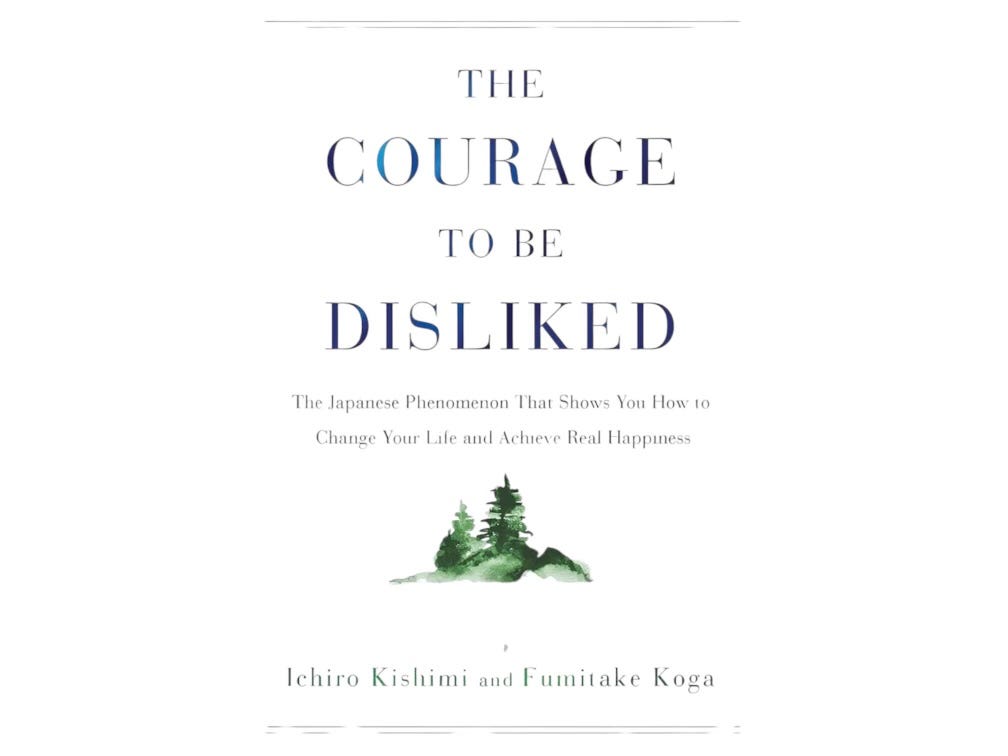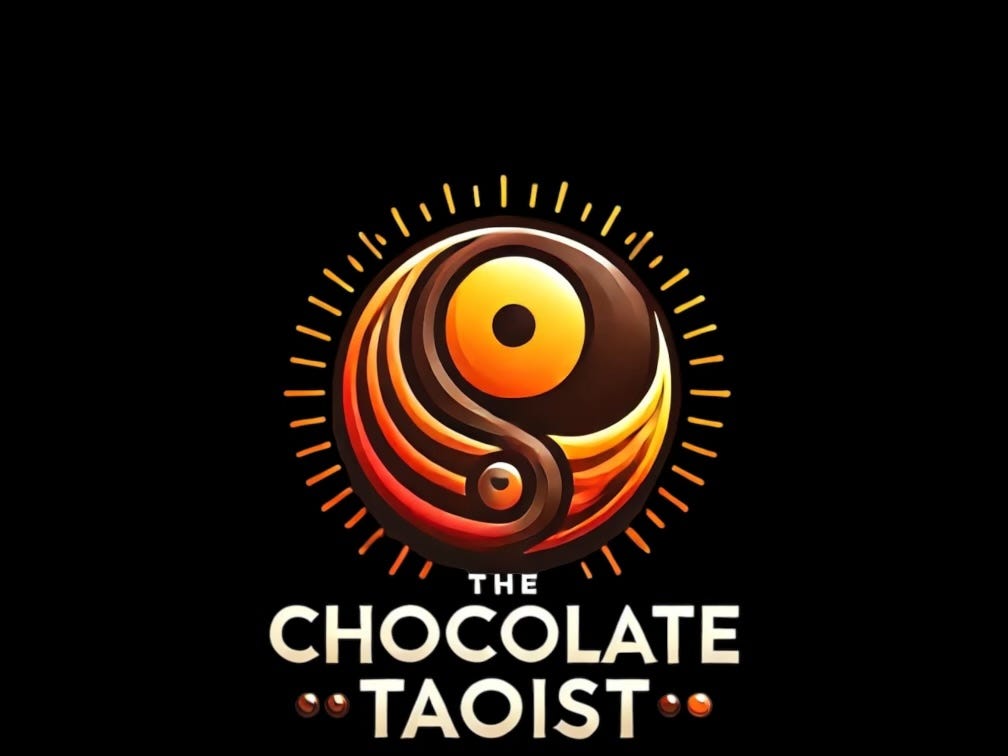Our world has always been influenced by folks bold enough to shatter norms, break free from societal expectations, and face the inevitable judgment of being misunderstood.
The book “The Courage to Be Disliked” by Ichiro Kishimi and Fumitake Xoga taps into this raw power by offering readers a blueprint for escaping the heavy chains of approval-seeking and past wounds.
Much like Lao Tzu and Zhuangzi—the original rebels of Taoist thought—this book, grounded in Alfred Adler’s psychology, champions a life unburdened by the fear of judgment.
As I reflect on my own path and those iconoclastic souls around me, I see that daring to be disliked is a defining trait of all true trailblazers.
When Lao Tzu wrote the Tao Te Ching, he wasn’t interested in placating the establishment. Instead, he dared to reveal the radical truth that life’s ultimate wisdom lay not in striving for approval or power but in surrendering to the natural flow. Lao Tzu’s insistence on letting go, living in harmony with the Tao, and embracing what others might see as madness was, in itself, a defiant act.
Zhuangzi took this even further, telling tales of fish who resist the urge to swim upstream and butterflies who transcend duality. He presented these stories as an invitation to let go of the ego-driven need to be understood or accepted—a message that rings just as powerfully in The Courage to Be Disliked.
These Taoist rebels weren’t interested in acclaim. They were fueled by a desire for true freedom, one that came from within. To dare to be disliked is to embody that freedom—to step away from external validation and find the courage to live authentically, even if it means walking alone.
My friend Kayleigh O’Keefe captures this spirit brilliantly in her video on “Three Ways to Cultivate the Courage to Be Disliked.” Kayleigh, like Lao Tzu and Zhuangzi before her, emphasizes that real courage isn’t loud or abrasive. It’s quiet, grounded, and deeply committed to the truth of who you are, regardless of who approves.
One of the critical lessons from The Courage to Be Disliked is that we are not bound by our past traumas or by others’ opinions. We alone are responsible for our path forward. This is the essence of Adlerian psychology, which the book portrays in a simple yet profound dialogue between a philosopher and a young man.
Over the course of their conversations, the young man realizes that true happiness is attainable when he lets go of the compulsion to be understood by everyone. Each of us can do the same.
In today’s world, those who dare to be disliked often end up shaping it. Visionaries like Richard Branson, who defy traditional business models and face constant criticism, exemplify this courage.
As documented in his bestselling book “Losing My Virginity,” his willingness to take massive risks, to fail publicly, and to be mocked for his audacious visions with the Virgin brand has made him one of the most influential figures of our time.
Similarly, Greta Thunberg’s refusal to fit into the mold of “acceptable” youth activism has made her a force that demands the world’s attention. She doesn’t ask to be liked; she simply speaks the truth, letting the chips fall where they may.
There is something profoundly liberating about this perspective. To live with the courage to be disliked means standing firm in your truth, even if that truth is misunderstood or ridiculed. It’s not an easy path, but it’s one that Taoist rebels, contrarians, and those who live authentically understand well.
The paradox is that those who walk this path—the misunderstood, the judged, the iconoclasts—end up changing the world precisely because they’re not bound by the need to conform.
As I journey deeper into my own understanding of what it means to be free, ‘The Courage to Be Disliked” serves as a guidepost, reminding me of the Taoist wisdom I hold close. In letting go of the need for approval, I find space to cultivate the life I truly want to live, unbound by others’ expectations.
This is the gift this book offers us: an invitation to step into the unknown, to embrace the path of least resistance, and to find fulfillment in the courage to simply be.
Subscribe or upgrade above. Or maybe you’re in a position to tip me some coffeehouse love here. Your contributions are appreciated!




